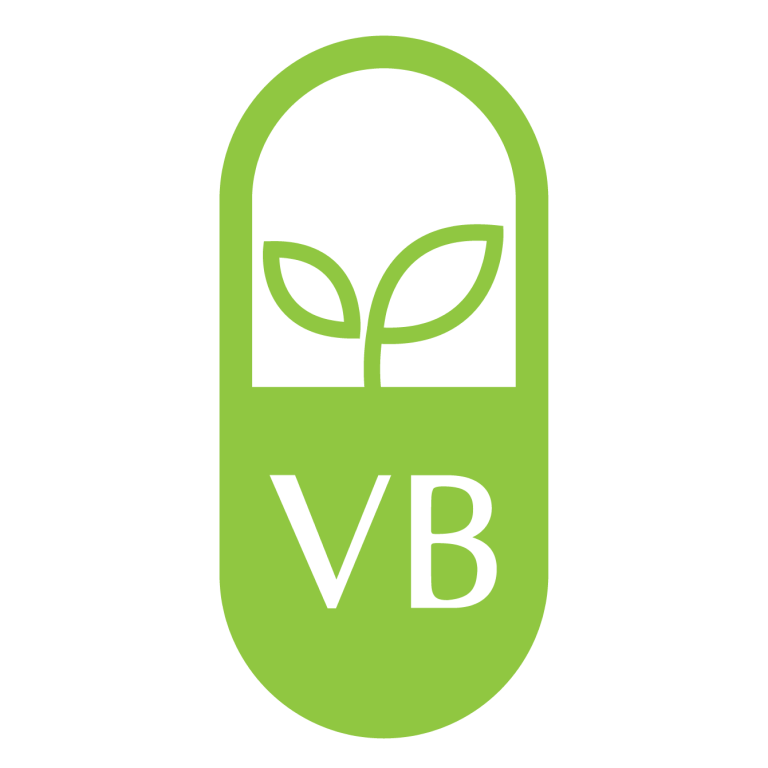
Testosterone is one of over 70 hormones in the human body that regulates critical bodily functions. To make testosterone in the body, Gonadotropin-releasing hormone is secreted and sent to the pituitary gland, signaling to the brain that it’s time to create more testosterone. Testosterone is produced in the testicles, and enters the bloodstream. From there it travels throughout the body to testosterone receptor cells for binding (1).
Human chorionic gonadotropin, or hCG, is a sex hormone that exists in both men and women. In men hCG stimulates the testicles, causing them to produce testosterone and sperm. While hCG does occur naturally, some men choose to use exogenous hCG via injectable solution. This extra hCG can further stimulate the testicles, increasing their size, and cause greater production of testosterone. Men taking testosterone replacement therapy often use injectable hCG to keep their testiscles active, when the TRT would have previously caused their testicles to become dormant (2).
Though hCG is safe, as it’s naturally occurring in humans, some people do have side effects with increasing their natural hCG levels.
Like all important medical decisions, talk to your doctor to decide if hCG, testosterone, or other hormone related treatments are right for you.
A growing body of research underscores the potential of Ashwagandha to positively impact testosterone levels. Notable studies reveal that supplementation with Ashwagandha can lead to significant hormonal improvements:
Ashwagandha's impact extends beyond merely elevating testosterone levels. It contributes to overall hormonal balance by:
Fat cells in the human body behave like organs, in that they secrete chemicals, send signals, and influence other parts of your body. Fat cells produce an enzyme called aromatase that converts testosterone to estrogen. An imbalance in testosterone and estrogen levels has the potential to increase body fat. The low testosterone caused by excess body fat can cause a cycle of low testosterone. Increased body fat percent interferes with the body’s ability to produce and effectively utilize testosterone, further lowering your already decreased and ineffective levels of testosterone (3).
There are some methods to combat the effects of high body fat and low testosterone.
A known but lesser talked about symptom of low testosterone is headaches. One main culprit of low testosterone related headaches is constricted blood vessels in the brain. Increasing testosterone levels can improve blood flow (everywhere, not just the brain) causing the blood vessels in the brain to widen, making it less likely to have headaches (4).
Some other potential positive effects are:
Testosterone levels are known to be related to the ability for a man to grow facial hair, and how much facial hair he grows. There have been very few studies on the effects of testosterone and how it relates to facial hair growth, but the studies that exists showed a positive correlation between higher testosterone levels, and facial hair growth.
One study in 2007 had young men use testosterone gel (which is becoming less common with advancements made in injectable testosterone) applied directly to their beard region. The results showed increased hair growth in the regions applied in the testosterone group vs the control group that used a placebo (5).

During puberty, boys experience a thirty-times increase in testosterone production levels. This increase is often linked to changes in mood and behavior in adolescence such as aggression, an increase in risk taking, depression, other mood issues, and more prominent acne. These changes are common, and though normal, need to be monitored. A boy with low testosterone will experience symptoms that seem to be the opposite of what was listed above (6). A low testosterone boy may see:
Sometimes the solutions for the symptoms of low testosterone listed above can be natural and simple things like an improved diet, better sleep schedule, higher sleep quality, and other actions in your control.
Unfortunately sometimes a hormonal imbalance is out of your control. If you’ve had a great diet, exercise regularly, and get quality sleep, and are still experiencing symptoms of low testosterone, it may be time to talk to a doctor and get a blood test. In analyzing hormones and other details of a blood test a doctor can determine if supplemental testosterone treatments, or even testosterone replacement therapy is right for you.
✔️ References
1. https://www.ncbi.nlm.nih.gov/pmc/articles/PMC4584104/
2. https://pubmed.ncbi.nlm.nih.gov/870313/
3. https://pubmed.ncbi.nlm.nih.gov/16390747/
5. https://pubmed.ncbi.nlm.nih.gov/17852629/
